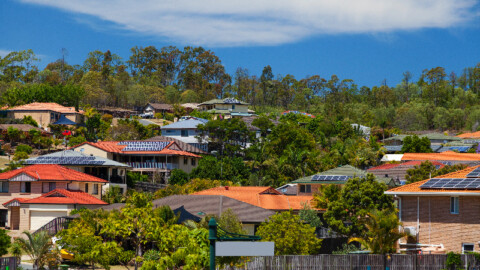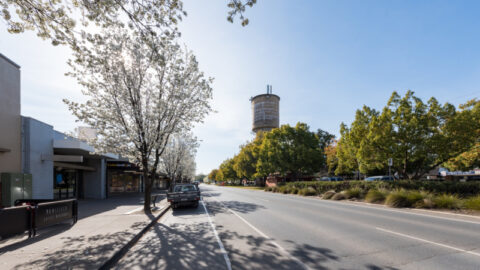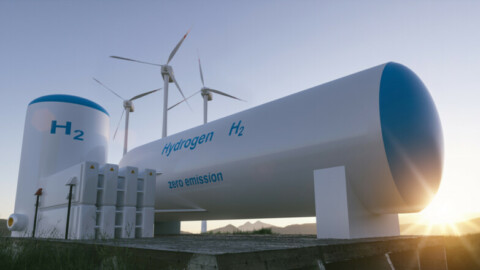New consortium partners for Queensland’s largest renewable hydrogen project, CQ-H2, have met with the State’s Premier to discuss the project’s proposal, including its estimated lifetime export potential of $17.2 billion.
Keppel Infrastructure has joined other partners in the CQ-H2 project, Iwatani Corporation, Kansai Electric Power Company, Marubeni Corporation and Queensland’s publicly owned Stanwell Corporation.
Ms Palaszczuk invited Keppel Infrastructure to Queensland, alongside Iwatani Corporation, Kansai Electric Power Company, and Marubeni Corporation in Japan to discuss the project.
CQ-H2 is Queensland’s largest renewable hydrogen project and ranks in the global top ten hydrogen projects, with Central Queensland as the hub of the strategic development.
At its peak, the proposed project will provide more than 8,900 new jobs, deliver $17.2 billion in hydrogen exports, and add $12.4 billion to Queensland’s Gross State Product over its 30-year life.
Gladstone has a unique set of attributes to be a global player in the production of green hydrogen and related products, including a deepwater port with space for expansion, electricity and gas transmission infrastructure and a highly skilled workforce.
Delivering Australia’s largest energy SuperGrid will be supported by the $62 billion Queensland Energy and Jobs Plan to accelerate progress toward achieving a 70 per cent renewable energy target by 2032 and 80 per cent by 2035.
Ms Palaszczuk said Queensland is at the forefront of becoming a renewables, hydrogen, and clean energy superpower.
“These partnerships are highlighting, on a global stage, the benefits of investing in Queensland’s booming hydrogen sector creating jobs and prosperity for Queensland for generations to come,” Ms Palaszczuk said.
“We are invested in growing industries in Central Queensland by strengthening regional skills and employment to lower capital intensity and planning for the infrastructure to enable the industry to thrive.
“We are committed to delivering a globally competitive energy solution that is centred around firmed, low-carbon electricity for industry, that benefits both Queensland and our consortium partners.”















